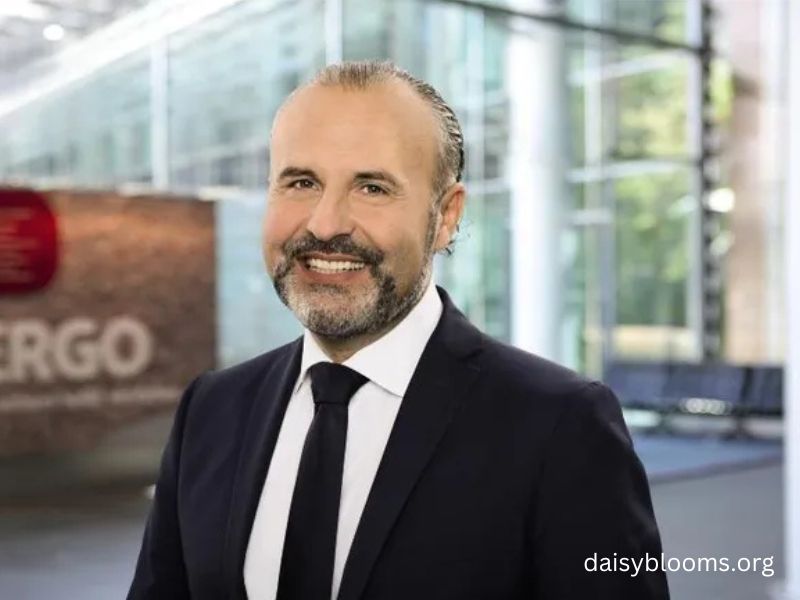In the annals of criminal justice, few stories are as compelling as that of Manuel Luis Pacheco. His life encapsulates the profound challenges and triumphs associated with wrongful convictions and the relentless pursuit of justice. As of 2023, Pacheco’s narrative stands as a testament to resilience, the significance of legal advocacy, and the enduring human spirit.
Early Life and Background of Manuel Luis Pacheco
Born and raised in New York, Manuel Luis Pacheco, affectionately known as “Manny,” was a man of humble beginnings. His early years were marked by a strong work ethic, deep family ties, and an unwavering commitment to his community. Those who knew him described Manny as kind-hearted, always willing to lend a helping hand, and possessing an infectious sense of humor.
The Wrongful Conviction
In the early 1990s, Pacheco’s life took a harrowing turn. He was arrested and subsequently convicted for the murder of Angela Wong, a crime he steadfastly maintained he did not commit. The trial was fraught with inconsistencies, lack of concrete evidence, and questionable witness testimonies. Despite these glaring issues, Pacheco was sentenced to life imprisonment, a verdict that devastated his family and shocked those who believed in his innocence.
Life Behind Bars
The two decades Pacheco spent incarcerated were characterized by a relentless fight for justice. Within the confines of the prison system, he became an advocate for himself and others, educating himself about the legal system and assisting fellow inmates with their legal battles. His unwavering determination and resilience became evident as he navigated the complexities of prison life, always holding onto the hope that one day, his innocence would be proven.
The Role of the Innocence Project
In the mid-2010s, Pacheco’s case caught the attention of the New York Innocence Project, an organization dedicated to exonerating wrongfully convicted individuals through DNA testing and reforming the criminal justice system to prevent future injustices. Recognizing the numerous flaws in his conviction, the Innocence Project took on his case, conducting a thorough investigation that unearthed new evidence and highlighted the miscarriage of justice that had occurred.
Exoneration and Release
After more than two decades behind bars, Pacheco’s conviction was overturned. The court acknowledged the grave errors in the original trial, leading to his release from the New York State Prison system. This monumental victory was not just a personal triumph for Pacheco but also a significant milestone in the broader fight against wrongful convictions.
Life After Prison
Upon his release, Pacheco faced the daunting task of reintegrating into society after decades of incarceration. The world had changed dramatically, presenting challenges in technology, social norms, and employment opportunities. Despite these obstacles, Pacheco remained optimistic, focusing on rebuilding his life, reconnecting with family, and advocating for criminal justice reform.
Advocacy and Public Perception
Pacheco’s case garnered significant public attention, leading to widespread discussions about the flaws in the criminal justice system. While many rallied behind him, acknowledging the systemic issues that led to his wrongful conviction, there were others, including the family of Angela Wong, who struggled to come to terms with his exoneration. This dichotomy highlighted the complex emotions and perspectives involved in cases of wrongful convictions.
Current Endeavors
As of 2023, Pacheco has dedicated his life to advocacy, working alongside organizations like the Innocence Project to prevent future miscarriages of justice. He shares his story through public speaking engagements, aiming to raise awareness about wrongful convictions and the need for systemic reforms. His journey has inspired many, serving as a beacon of hope for those fighting similar battles.
Conclusion
The story of Manuel Luis Pacheco is a poignant reminder of the imperfections within the criminal justice system and the profound impact of wrongful convictions on individuals and their families. His resilience and unwavering pursuit of justice underscore the importance of legal advocacy and systemic reform. As we reflect on his journey, it becomes evident that the fight for justice is ongoing, necessitating vigilance, compassion, and a commitment to truth.


